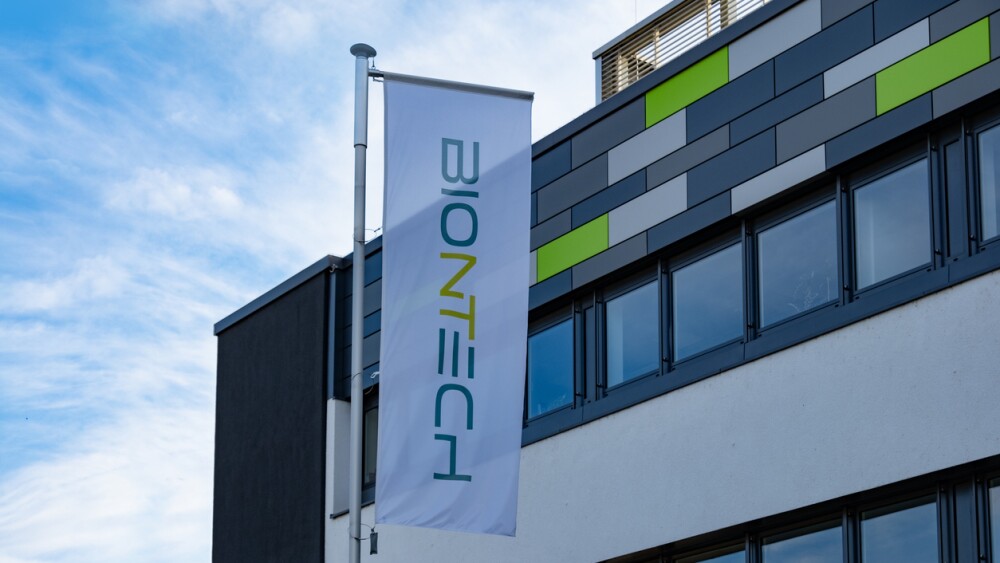BioNTech
NEWS
After advancing in lockstep through the pandemic, the fortunes of the biotechs have diverged as their use of COVID-19 windfalls has taken shape.
Biopharma companies—including AstraZeneca, BioNTech and Agios—peered farther into the future on the second day of JPM, setting both revenue and R&D targets through the end of the decade.
These deals radically reshaped the biopharma world, either by one vaccine rival absorbing another, a Big Pharma doubling down after another failed acquisition or, in the case of Pfizer and Novo, two heavyweights duking it out over a hot obesity biotech.
In the midst of regulatory and political upheaval, biopharma’s R&D engine kept running, churning out highs and lows in equal parts. Here are some of this year’s most glorious clinical trial victories.
A BioNTech spokesperson downplayed the news, insisting that the two companies remain “close” and have a “strong collaboration.”
This week’s release of the Make America Health Again report revealed continued emphasis on vaccine safety; Health Secretary Robert F. Kennedy Jr.’s faceoff with senators last week amounted to political theater; the FDA promises complete response letters in real time and shares details on a new rare disease framework; and Summit disappoints at the World Conference on Lung Cancer in Barcelona.
Truist Securities called pumitamig’s data on Monday “very reassuring,” given the consistency between its performance in Chinese and global patient populations.
BioNTech also laid off 63 employees in June in conjunction with the discontinuation of its cell therapy manufacturing operations in Gaithersburg, Maryland.
George Tidmarsh takes over temporarily at CBER following Vinay Prasad’s abrupt departure; Replimmune trial leaders protest rejection reportedly driven by FDA’s top cancer regulator Richard Pazdur; Merck’s $3 billion savings push claims 6,000 jobs; and Pfizer CEO Albert Bourla addresses President Donald Trump’s new threats around Most Favored Nation drug pricing.
JOBS
IN THE PRESS








